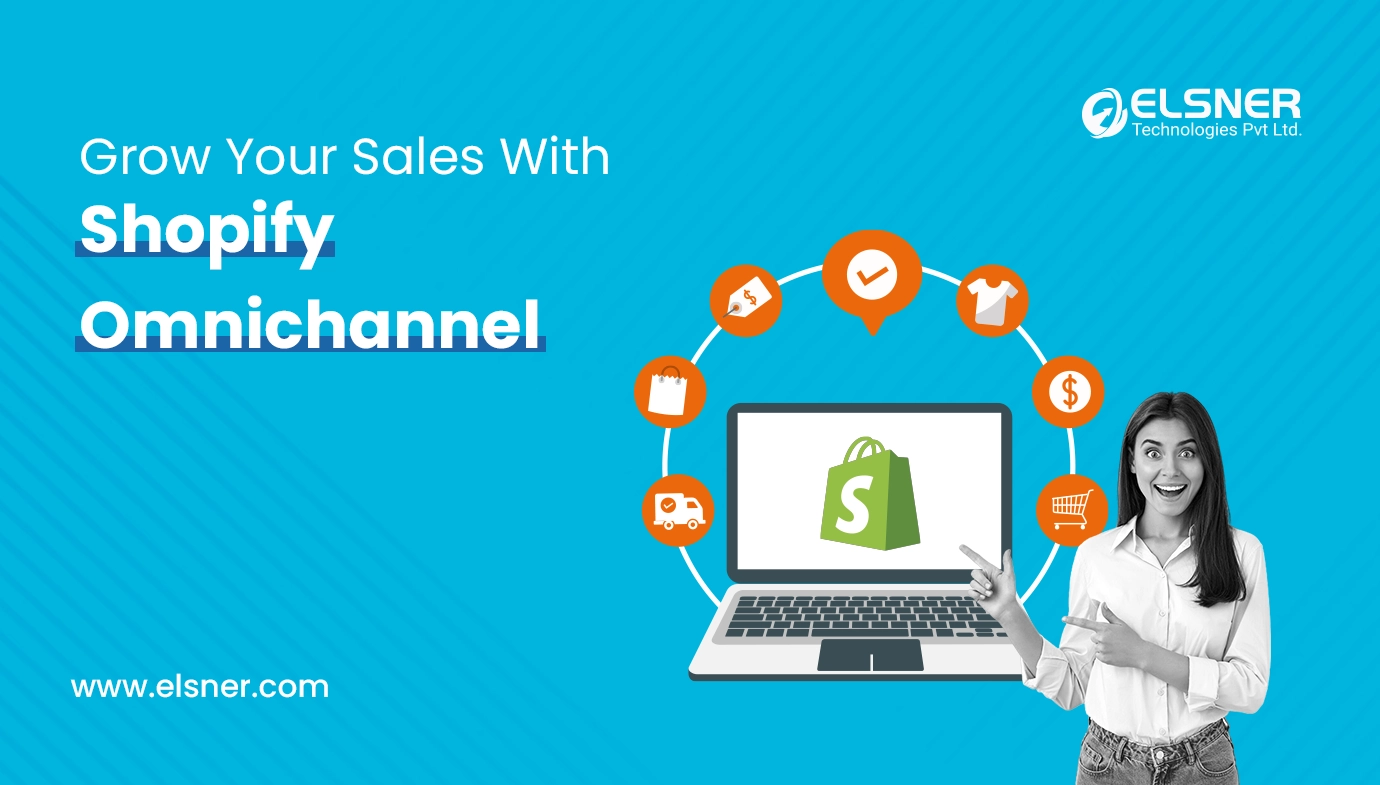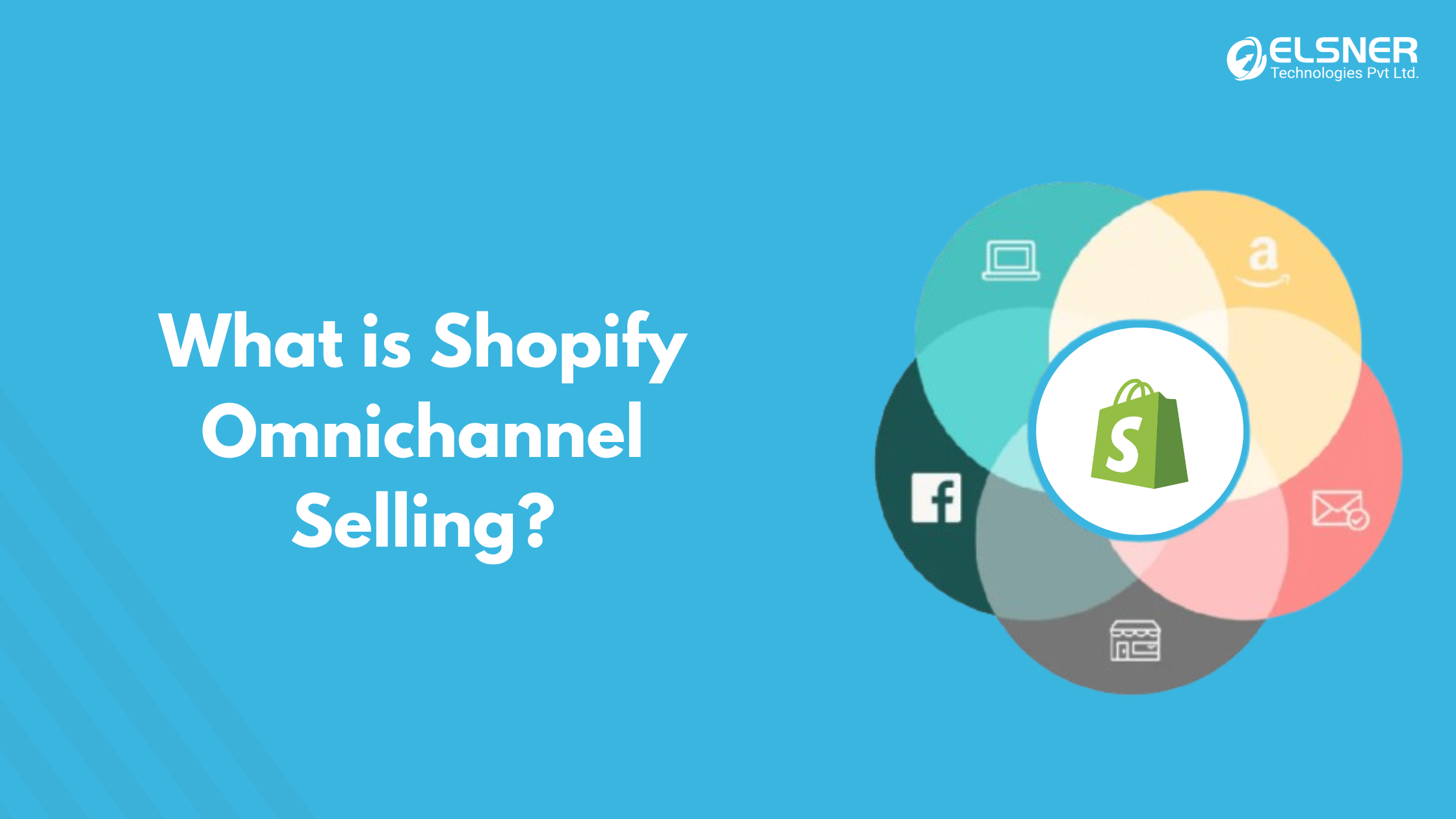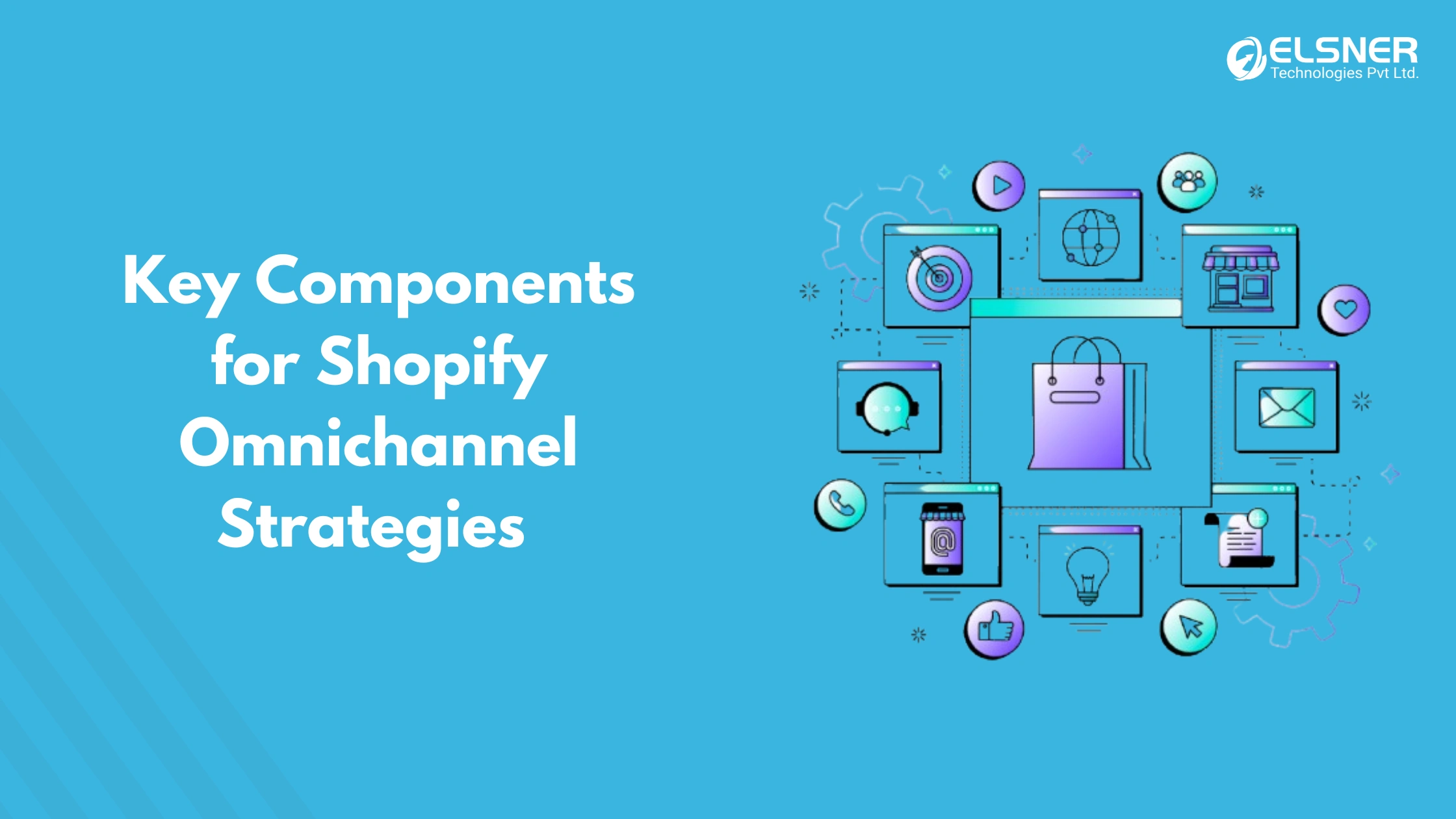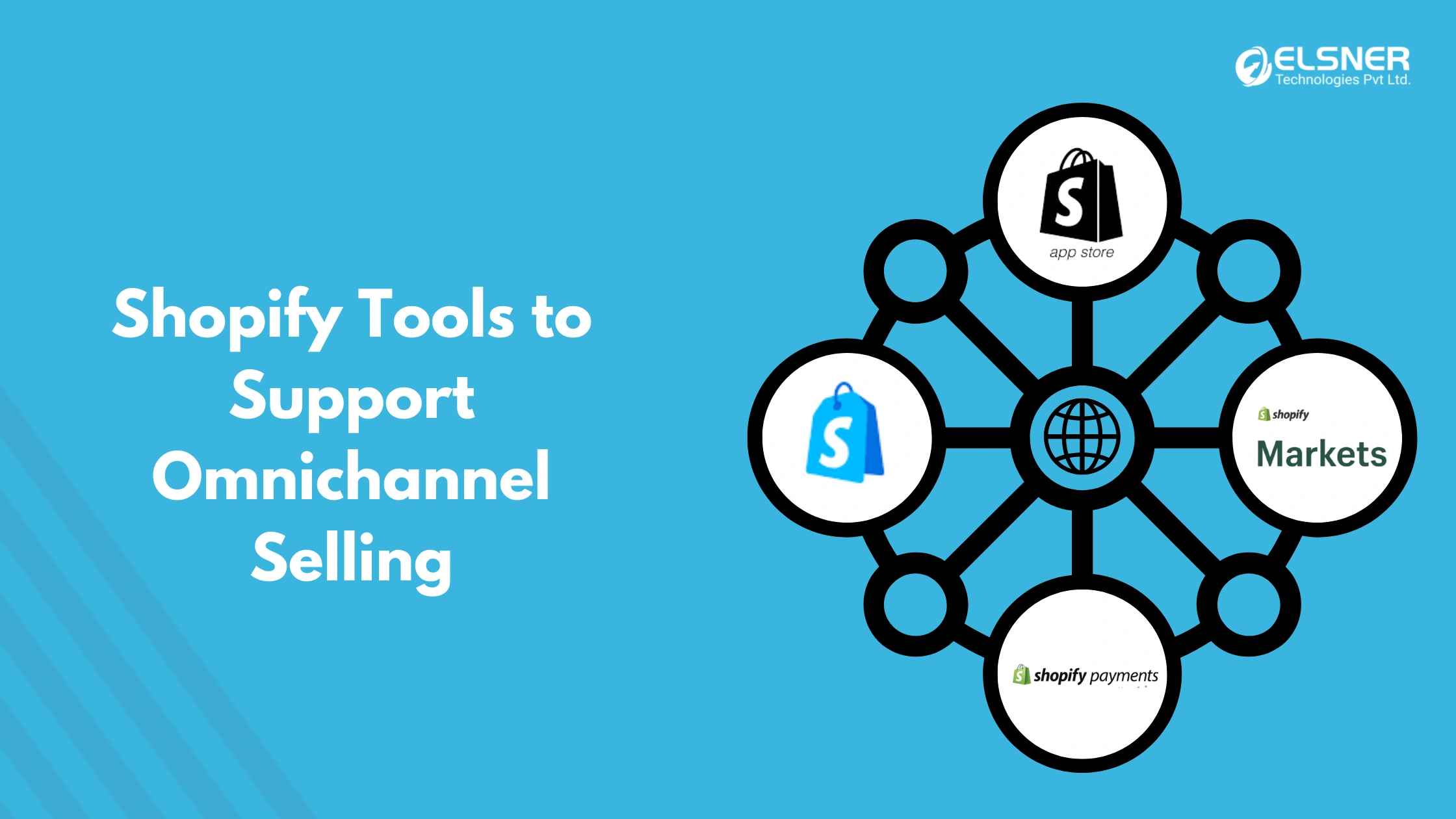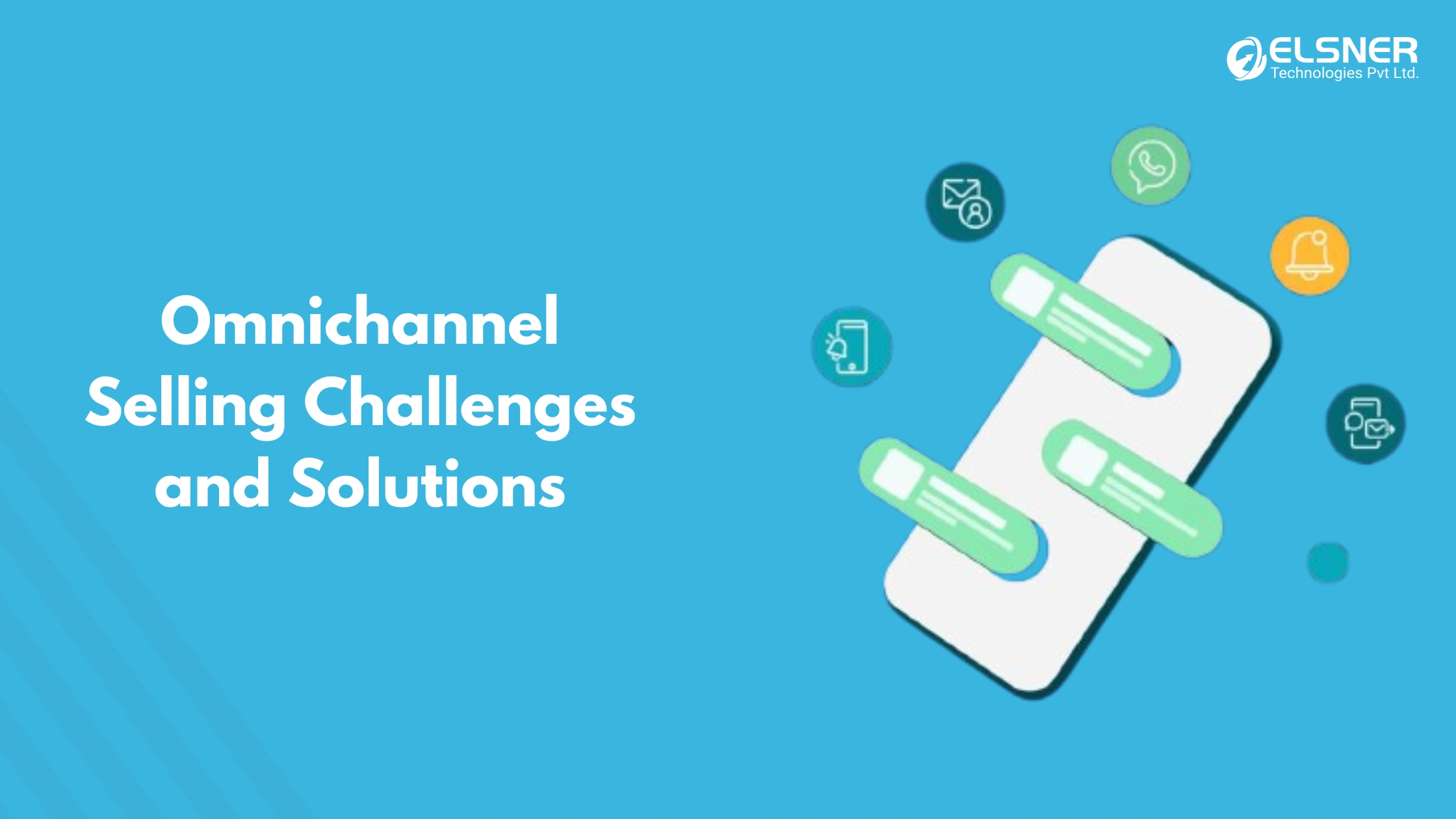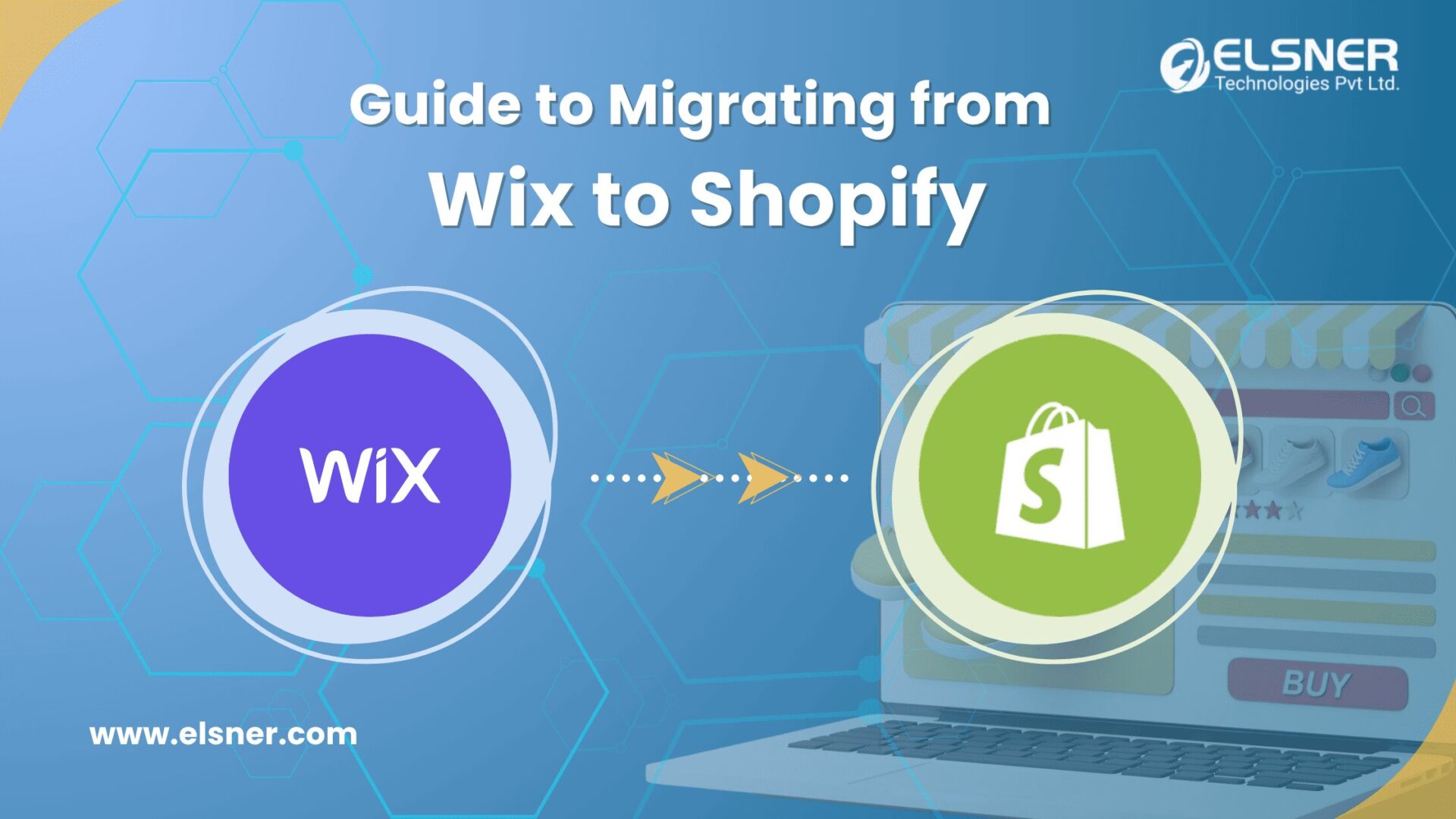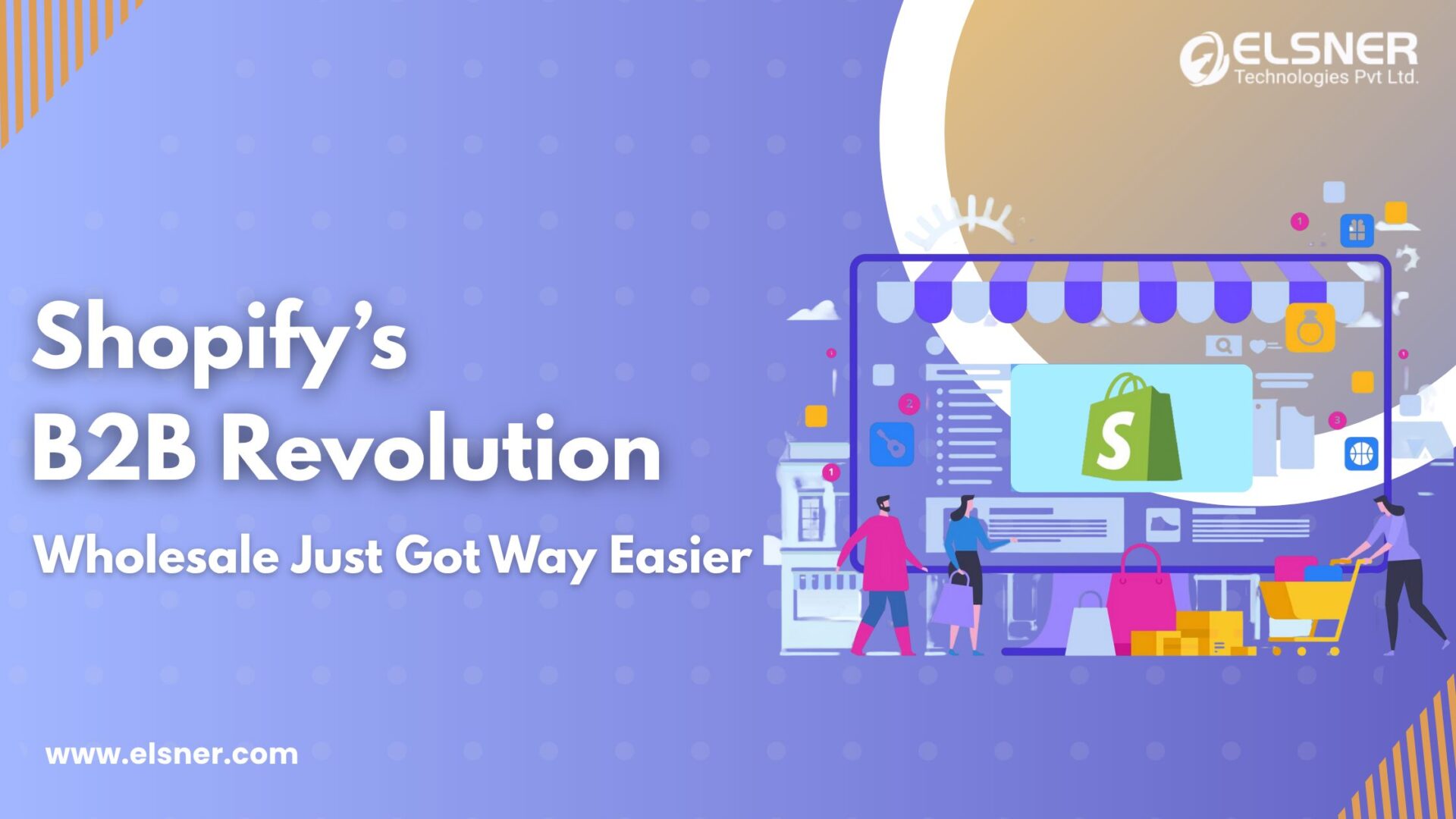- What is Shopify Omnichannel Selling?
- Why Omnichannel is Crucial for Shopify Merchants
- Increased Customer Reach
- Improved Customer Experience
- Higher Sales and Revenue
- Better Data and Insights
- Key Components of an Effective Shopify Omnichannel Strategy
- Unified Inventory Management
- Consistent Branding
- Seamless Payment Options
- Customer Data Integration
- Shopify Tools to Support Omnichannel Selling
- Shopify POS (Point of Sale)
- Shopify Markets
- Shopify Payments
- Shopify App Store
- Best Practices for Integrating Online and Offline Sales Channels
- Ensure Inventory Synchronization
- Offer Flexible Shopping Options
- Unify Customer Data
- Centralize Reporting and Analytics
- Hire Shopify Experts
- Challenges of Omnichannel Selling and How to Overcome Them
- Inventory Management
- Customer Experience Consistency
- Technology Integration
- Data Overload
- Make Your Shopify Store Work Better Across All Channels with Elsner!
A certain Harvard study has shown that 73% of customers shop online using multiple channels. For example, they engage in multiple steps, first, they may visit your website, afterwards they will go on social networks for feedback, and finally visit the shop. The online and offline divide in shopping has dissolved.
As a Shopify merchant, this means you have to cater to your buyers wherever they may want to visit that is your website, social media, or even your store. This is where Shopify Omnichannel selling comes into action.
Unifying all of your sales Shopify omnichannel retail will assist you in making the most of your business.
What is Shopify Omnichannel Selling?
[Source: https://www.shopify.com/]
Omnichannel selling refers to the integration of many sales channels into a single location, such as an online store, social media networks, online marketplaces, and a network of physical locations. Consequently, the consumer receives the same experience irrespective of the channel they want to utilize for buying. You can manage your sales from one place with Shopify omnichannel for both offline and online channels.
For example, you might run an ecommerce store on Shopify but also have a physical, brick-and-mortar store. Furthermore, you also sell through social media channels like Instagram or Facebook. With Shopify store integration, you can now track inventory, customer information, and all your sales from all of these channels in one location. The result? Greater efficiency and a unified customer experience.
Paul Graham, the co-founder of startup accelerator Y Combinator, Rightly Said, “You can’t wait for customers to come to you. You have to figure out where they are, go there and bring them back to your store.”
Why Omnichannel is Crucial for Shopify Merchants
Increased Customer Reach
Selling through multiple platforms means reaching more customers. Some might be comfortable with online shopping, while others would rather visit a physical store. With Shopify store integration, you can accommodate a variety of tastes.
Improved Customer Experience
Improved Customers expect the same experience level, whether online or offline. With Shopify omnichannel retail, you maintain the equivalent service, product availability, and pricing no matter which platform your customer uses.
Higher Sales and Revenue
You can reach more customers when you sell through various channels, which enhances your chances of generating more sales, which is the ultimate goal of any business. Furthermore, Shopify retailers have access to features like “buy online or pick up in-store,” which lets buyers place an order online and then take it from a physical store later.
All omnichannel selling data, from your Shopify store integration, social media accounts, or physical location, can be collected and organized with the help of Shopify store integration.
Better Data and Insights
Through Shopify Retail Solutions and omnichannel selling, all data can be captured from various touchpoints and centralized, allowing you to truly optimize your marketing efforts, understand and measure customer behavior, and make growth-oriented decisions.
Key Components of an Effective Shopify Omnichannel Strategy
Unified Inventory Management
Keeping track of inventory across several locations is one of the biggest issues facing Shopify omnichannel retailers. Regardless of where customers buy, Shopify retail solutions provide businesses the freedom to precisely control stock availability for customers across all sales channels in real time.
Consistent Branding
Customers should have the same experience whether they enter your physical store or browse your Shopify store. Your logo, marketing, and product offers will be consistent across all platforms with Shopify shop integration, guaranteeing a seamless consumer experience.
Seamless Payment Options
Multiple payment options need to be available through all online and offline channels. Secure and easy transactions can be facilitated by integrating solutions like Shopify Payments with your Shopify POS connection. Additionally, Shopify Retail Solutions provides flexibility for various payment methods, ensuring your customers have a smooth shopping experience regardless of where they buy.
Customer Data Integration
The key to omnichannel success is integrating customer data across all touchpoints. The Shopify omnichannel features do this for you. Centralizing customer information enables you to track purchase history and personalize interactions with the customer more effectively.
Shopify Tools to Support Omnichannel Selling
Shopify POS (Point of Sale)
With the powerful technology of Shopify POS, retailers have complete control over sales at their physical locations. It makes omnichannel company management easy and ensures that sales, inventory, and customer interactions are synced across all platforms when combined with a Shopify store integration.
Real-time payment acceptance, refund processing, and channel-wide inventory management will all be made easier with Shopify POS integration. Additionally, it easily interacts with all other Shopify features, making omnichannel business management simple.
Shopify Markets
Shopify Markets helps you manage all your international sales from one platform so that you can take over the world. It allows you to optimize your store for different regions, with options for local pricing, currencies, and languages. Shopify Markets opens up omnichannel possibilities beyond borders, helping you deliver highly tailored experiences to international customers.
Alongside this, Shopify Retail Solutions further supports international sales by ensuring your business is optimized across physical and digital touchpoints globally.
Shopify Payments
Shopify Payments is a built-in payment gateway that allows omnichannel selling by receiving online and offline payments. For customers, the Shopify checkout process is made simpler and safe. It also has support for multiple payment methods like credit card payments along with PayPal and Apple Pay, which makes it a versatile solution for Shopify merchants.
Shopify App Store
Shopify’s App Store has many apps that allow merchants to integrate their offline and online channels. Among the most popular apps for omnichannel selling are inventory management, CRM software systems, and order management solutions. With
Shopify Retail Solutions, you can further streamline your workflow across different channels, automating various tasks and enhancing customer service quality.
Best Practices for Integrating Online and Offline Sales Channels
Ensure Inventory Synchronization
Keep your inventory synced across all channels to prevent overselling or stockouts. Shopify omnichannel retail provides tools for real-time inventory management so you can always give your customers accurate stock levels, no matter which channel they shop through.
Offer Flexible Shopping Options
With options like ‘pick up in-store or buy online,’ you greatly enhance your customers’ shopping experience. Besides being very convenient, such services will also attract more people to the physical store.
Unify Customer Data
Use Shopify’s customer data tools to integrate offline and online purchase information. This way, you can track customer preferences from both online and offline purchases and set up a truly personalized experience for your customers.
Centralize Reporting and Analytics
Make sure you have a single view of your omnichannel sales performance. This is achievable through improved reporting by Shopify omnichannel retail, as it allows you to consider data from all your sales platforms in one place, thereby enabling better business decisions.
Hire Shopify Experts
Your in-store employees need to be well-versed in the technologies you use to support other channels as part of your omnichannel strategy, in addition to the technologies used to manage sales.
To ensure that consumers have a smooth experience across all those touchpoints, this involves teaching them how to utilize Shopify omnichannel retail technologies like Shopify POS, an inventory management system, and tools that collect customer-related data. Consider working with a Shopify Development Company if you want additional technical know-how to facilitate omnichannel retailing.
Challenges of Omnichannel Selling and How to Overcome Them
Inventory Management
Balancing inventory looks complicated on multiple channels. Shopify tools like Shopify POS integration and inventory management apps ensure everything remains in sync and prevent stock discrepancies. A Shopify Omnichannel Guide from a developer can walk you through best practices for managing inventory across all sales platforms.
Customer Experience Consistency
Providing a seamless experience across all channels requires quite an effort. With Shopify omnichannel retail, merchants can focus on branding, have synchronized inventory, and integrate customer data to deliver a smooth shopping experience.
Technology Integration
Integrating online and offline systems can be challenging. However, Shopify provides myriad apps and built-in features that merchants can use to achieve this connection.
Data Overload
Data from various channels may feel overwhelming. Therefore, merchants should focus most on using Shopify’s reporting tools to analyze their business’s most important data points.
Make Your Shopify Store Work Better Across All Channels with Elsner!
At Elsner Technologies, we understand the intricacies of managing an omnichannel business, which is why we created this Shopify Omnichannel Guide.
If you are looking for a partner to support the integration of Shopify into your physical store, enhance customer data management, or optimize inventory management, our experts are here to help.
We can provide you with specialized omnichannel solutions or customized Shopify Development Services. Hire Shopify developers from Elsner, and we’ll help you use flawless omnichannel connectivity to grow your Shopify store to new heights. Contact us today to start your journey.

About Author
Pankaj Sakariya - Delivery Manager
Pankaj is a results-driven professional with a track record of successfully managing high-impact projects. His ability to balance client expectations with operational excellence makes him an invaluable asset. Pankaj is committed to ensuring smooth delivery and exceeding client expectations, with a strong focus on quality and team collaboration.

